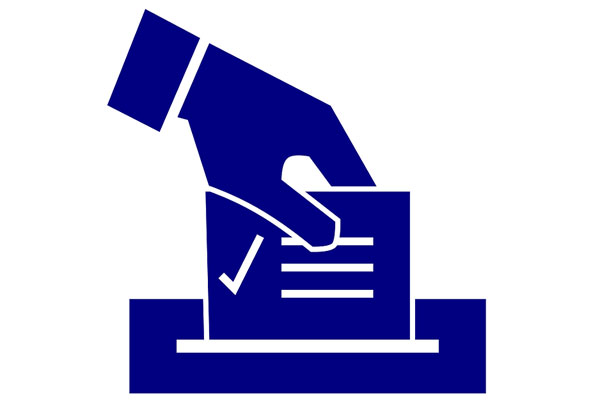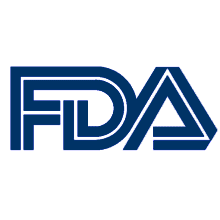Philip Morris International’s (PMI) progress in shifting business away from combustible cigarettes is becoming apparent in its revenue mix, according to an article in Forbes about sustainable investing.
Smoke-free products accounted for 13.8 percent of the company’s $29.6 billion revenue in 2018, according to CFRA Research, compared with 0.2 percent of sales in 2015.
Combustible unit shipments fell by 13 percent over the same period. PMI aims to reach at least 38 percent smoke-free sales by 2025 in conjunction with a reduction in cigarette shipments of nearly 40 percent.
In three markets, smoke-free revenue even accounts for the company’s majority of sales today.
Moving away from tobacco smoking not only benefits public health, it also has environmental benefits. The curing of leaf tobacco is an energy-intensive process associated with deforestation and carbon emissions.
Through various efforts, PMI has reduced its absolute carbon emission by 36 percent compared to a 2010 baseline and by 34 percent through its supply chain, according to the company.










